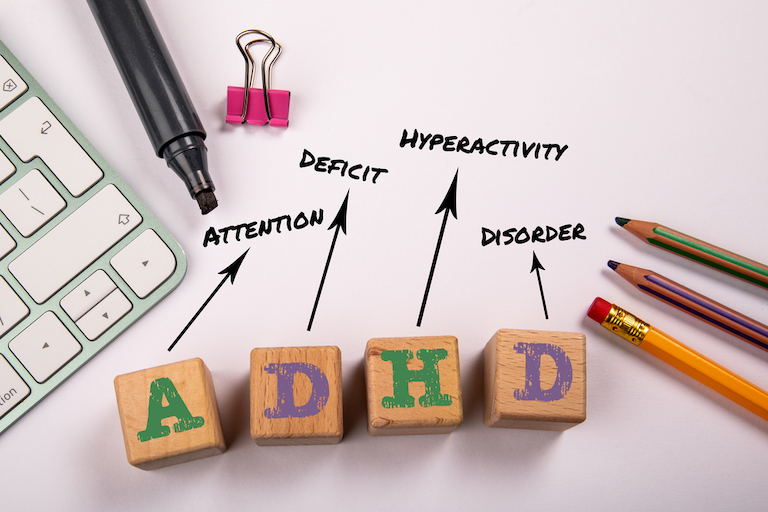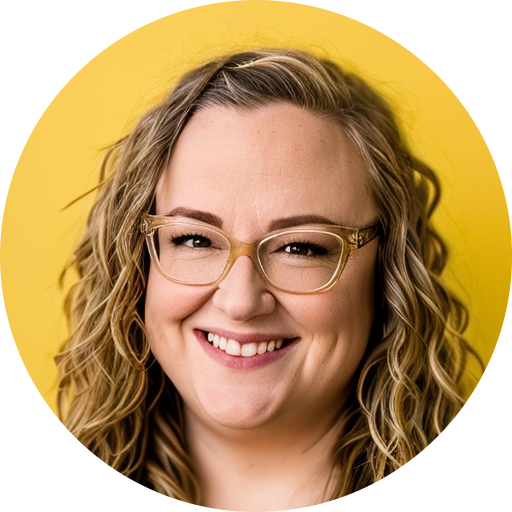
The whole room stopped and stared at me, wide-eyed. There was noticeable discomfort and awkwardness hanging in the air as I shared about my ADHD diagnosis.
It was Wednesday, and that meant Pharmacology: a graduate level class required of all grad students seeking a licensed as a therapist. We had been discussing ADHD when a fellow student spoke up about her struggles with having ADHD while in grad school with multiple to-do lists, multiple calendars, and having to re-read texts and re-write notes just to prepare for class.
“Yeah, but we all do that,” I responded out loud. That’s when the classroom went silent.
Thankfully it was a small group, and we were all close, so it was easy to break the tension with some humor.
“Or I just got diagnosed…” Everyone laughed and we returned to our discussion. My good friend sitting next to me leaned in and whispered, “Maybe you should get evaluated.”
The Trouble with Getting Diagnosed
It took a while to get an actual ADHD diagnosis. The screeners for it in most doctor’s offices weren’t helpful. Do you have trouble organizing? Nope, I was better at it than most people I know. But I couldn’t stay organized. Are you easily distracted? No I can concentrate. But I concentrated on everything all at once. Do you forget things? Depends? For some things I have picture-perfect memory while I can’t remember the words I just read for the 3rd time on a page.
Even my doctor had trouble diagnosing me. I had developed tricks and coping mechanisms to keep up with others in school and those very same mechanisms caused the scores on my testing to be skewed. She suggested I retake them and force myself not to use them. That’s when I finally got the diagnosis.
Therapy Helped Me Grieve (and Grow)
While medication did make a huge difference in my life, the most transformation came from processing all of this in therapy. I began to process years of shame and confusion. Suddenly, patterns in my life made sense: why I sometimes shut down when overwhelmed, why I overcompensated by being hyper-productive in short bursts, or why I’d go from energized and inspired to deeply exhausted with nothing in between.
I wasn’t lazy. Not broken. Even I misunderstood myself.
What surprised me most was how much grief came after the diagnosis. I began to revisit moments from my past: meltdowns, missed deadlines, emotional spirals, relationships where I always felt “too much.” Seeing them with compassion instead of criticism. I had to mourn the years I spent believing I was failing. I had to sit with the pain of not knowing sooner. Of wondering what might have been different if I’d had support earlier. Of realizing how much self-doubt I’d absorbed and called “normal.”
Therapy helped me move through that. It helped me unlearn the shame. It helped me find strategies that worked for my brain. And most importantly, it helped me forgive myself for all the times I didn’t understand why I was the way I was.
The Truth? I’m Still Figuring It Out
Some days, I still forget things. I still get overwhelmed. I still lose track of time. ADHD doesn’t disappear after diagnosis or medication. It just stops being the invisible figure I’m constantly wrestling. I don’t fight myself as much anymore. I work with my brain instead of against it. I’m more honest about what I need. I give myself permission to rest without guilt.
I’m still learning to unmask- but I have found a beautiful support system that loves me and embraces me with all my quirks… like showing up to a dinner party 20 minutes late because I lost track of time.
ADHD Is Real—Even If It’s Everywhere
Yes, I know. It feels like everyone has ADHD these days. Social media is flooded with “relatable” ADHD content. Some of it is accurate, some of it’s not. And for a while, I questioned myself. Am I just looking for an excuse? Am I jumping on a trend?
But here’s what I learned: an accurate ADHD diagnosis isn’t just about being forgetful or easily distracted. It’s about how your brain processes time, emotion, reward, and regulation. It’s about how you function under pressure, how you respond to boredom, how you manage transitions, how you process feedback, and so much more.
If you find yourself with similar struggles and questions, you owe it to yourself to find out. An actual diagnosis from a professional matters. Not to give you a label, but to give you a deeper understanding of self and healing. You’re worth it.



